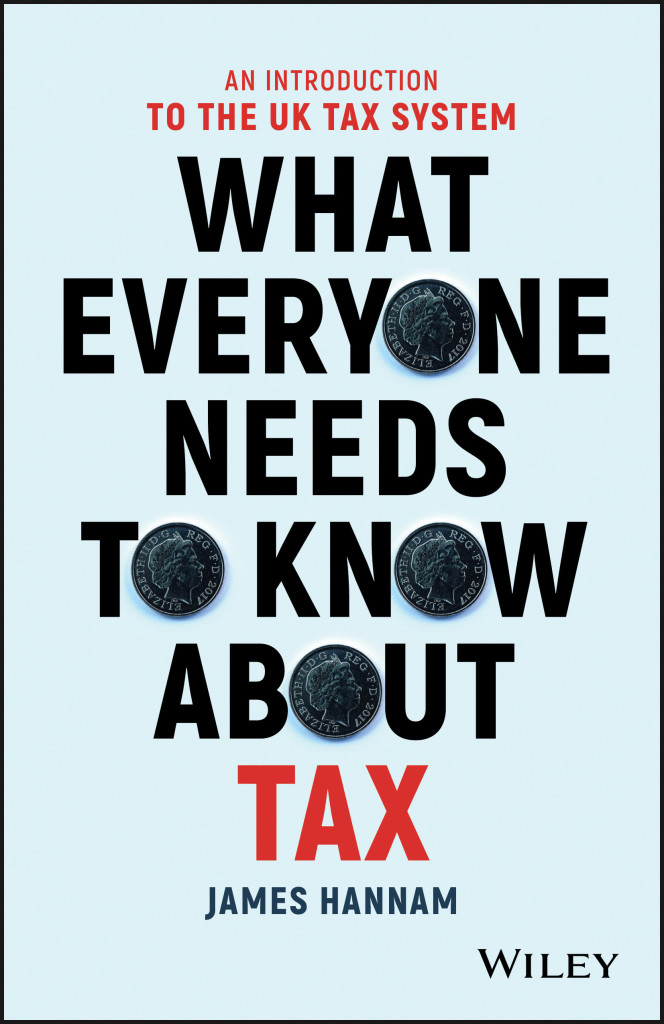Keeping track of your finances might be challenging in today’s fast-paced environment. Fortunately, albert’s smart financial dashboard makes it easy to manage money, analyze costs, and set financial goals. Users may construct a tailored spending plan with advanced budgeting tools and financial analytics, making it easier to manage bank accounts, credit card accounts, and investing tools all in one app. Albert, unlike other apps, provides a simple solution for consumers wishing to take complete charge of their personal finance path.
The Significance of a Financial Dashboard
A financial dashboard compiles all your financial data in one place to provide a thorough view of your financial health. It allows customers to manage their upcoming expenses, assess their monthly revenue, and keep their cash flow balanced. Unlike other services, this dashboard assists with financial organization by providing tools that put everything in one place. Thanks to customizable reports, users may evaluate financial patterns and make better financial decisions.
Statistical Data on Financial Dashboard Usage
| Metric | Value |
| Average Monthly Savings | $500 per user |
| Users with Improved Credit Scores | 78% saw an increase within 6 months |
| Debt Reduction Rate | 40% reduction in outstanding debt within a year |
| Users Managing Multiple Accounts | 65% track at least three financial accounts |
| Investment Growth Rate | 8-12% average annual return on tracked portfolios |
| Bill Payment On-Time Success | 90% reduction in late payments |
| Budgeting Adherence Rate | 85% of users stay within their planned budget |
| Increase in Net Worth | 25% growth within two years of usage |
How a Financial Dashboard Helps Manage Money
1. A Comprehensive Financial Overview
Many budgeting applications integrate with bank accounts, credit cards, and loans to provide a comprehensive financial picture of all transactions. This tool allows users to view previous transactions, track spending trends, and discover wasteful purchases. This kind of financial surveillance enables consumers to know where their money is going and make required adjustments.
2. Budgeting Made Simple
A decent budgeting software provides budgeting features such as endless envelopes for different types of expenses. The app provides both a basic version and a premium version to meet a variety of demands. A budgeting tool may help you set objectives and prepare for future spending, whether you are self-employed, a college student, or just seeking a financial counselor. This allows customers to be financially organized and better manage their earnings and expenses.
3. Expense Tracking in Real-Time
A financial dashboard connects all your accounts, providing a real-time snapshot of your personalized spending plan. Users can view their monthly income, run customizable reports, and adjust their budgets as needed. Albert, unlike other services, provides a user-friendly platform for tracking financial information. This feature enables users to plan ahead of time, ensuring they have enough funds for essential expenses while also setting aside money for saving.
4. Improved Investment and Savings Plans
Many people struggle with saving and investing. A financial dashboard incorporates investment tools, allowing users to successfully manage their money. It also gives information on net worth, allowing customers to track their financial progress over time. Users may utilize investment tracking to monitor portfolio performance and make educated financial decisions.
5. Credit Scores and Financial Status
Understanding your credit ratings is critical for maintaining financial stability. A budgeting tool that collects financial data can provide insights into improving credit health. Albert guarantees that premium members get the most out of their subscriptions by offering a complete return policy. Tracking your credit score with your other bank accounts gives you a comprehensive picture of your entire financial health.
6. Efficient Management of Loans and Bills
A solid budgeting program has bill reminders and loan tracking capabilities, so users never miss a payment. Individuals can prevent fines and exorbitant interest rates by keeping track of their outstanding obligations and anticipated costs. This functionality is especially useful for those who manage numerous accounts with various financial institutions.
Comparing Budgeting Apps: Finding the Best One
Many budgeting apps enable financial tracking, but only a handful give a comprehensive view of your finances. Quicken Simplifi (a registered brand) and Albert provide users with a streamlined experience, including resources, pricing alternatives, and access to financial advisors. These applications function by combining all areas of money management, including transaction tracking and savings goal creation.
Future of Financial Dashboards
With platforms accessible on Google Play and iOS, budgeting applications have a bright future ahead. Albert is a top financial management tool because of its ability to sync various accounts, produce personalized reports, and deliver real-time financial insights. This advancement in financial technology enables consumers to handle their money more effectively and efficiently.
Final Thoughts
A financial dashboard is a vital tool for everyone who wants to get control of their finances. Whether you’re handling bills, loans, or investments, the appropriate software may give vital financial data. Users may work confidently towards financial achievement by tracking transactions, creating budgets, and setting objectives. Personal finance is easier to manage when using tools that simplify the process and give relevant data-driven advice.
Take Charge of Your Financial Future
Users may make better financial decisions by using a financial dashboard, which provides them with relevant financial information and resources. There are both free and paid versions accessible, so there is something for everyone, from novices to seasoned investors. The best thing is that these tools integrate effortlessly into your lifestyle, whether you’re paying off debt, saving for a large purchase, or simply managing your day-to-day costs.
With the correct budgeting app and financial tools, you can take control of your finances now! The more proactive you are in arranging your funds, the more equipped you will be for long-term financial success.



